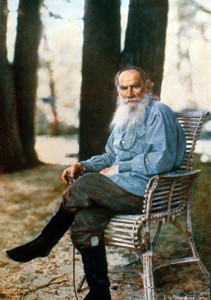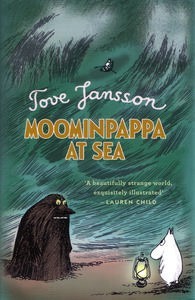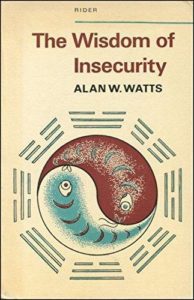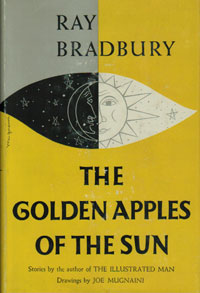
I admire the courage of the people power movements in Egypt and Tunisia in facing their military rulers. As Tolstoy said,
‘For us to struggle (the forces being so unequal) must appear insane. They have millions of money and millions of obedient soldiers. We have only one thing, but that is the most powerful thing in the world: Truth.’
The ‘truth’ here refers to peace and non-violent protest. Non-violent action has been successful in bringing political change. It even worked briefly against Hitler when much of the population of Denmark resisted the Nazi occupiers. Danish workers organised large-scale strikes and succeeded in slowing the supply of war materials to the German army.
People power has blossomed over the past fifty years. In the 1970s the military rulers of Argentina were confronted by a group of mothers who’d lost children in the ‘dirty war’. Their protest drew the attention of the world and the government fell. And don’t forget the massive strike by Solidarity workers in 1980 leading to democracy in Poland; and tens of thousands of civilians who deposed a dictator the Philippines; the wonderfully named ‘Singing Revolution’ (1987–1990) restored independence in the Baltic States; peaceful protests in Chile in 1988 helped to remove Pinochet; and 100 000 people gathered in Wenceslas Sq to end communist rule in Czechoslovakia in 1989. There’s been social change too, such as civil rights movements in the US and South Africa.
But any confrontations between civilians and the military state are a ‘slippery zone’. So to quote our Centre for Peace and Conflict Studies, I hope that Egyptians continue to ‘express their views non-violently’; and ‘the authorities exercise restraint’.




